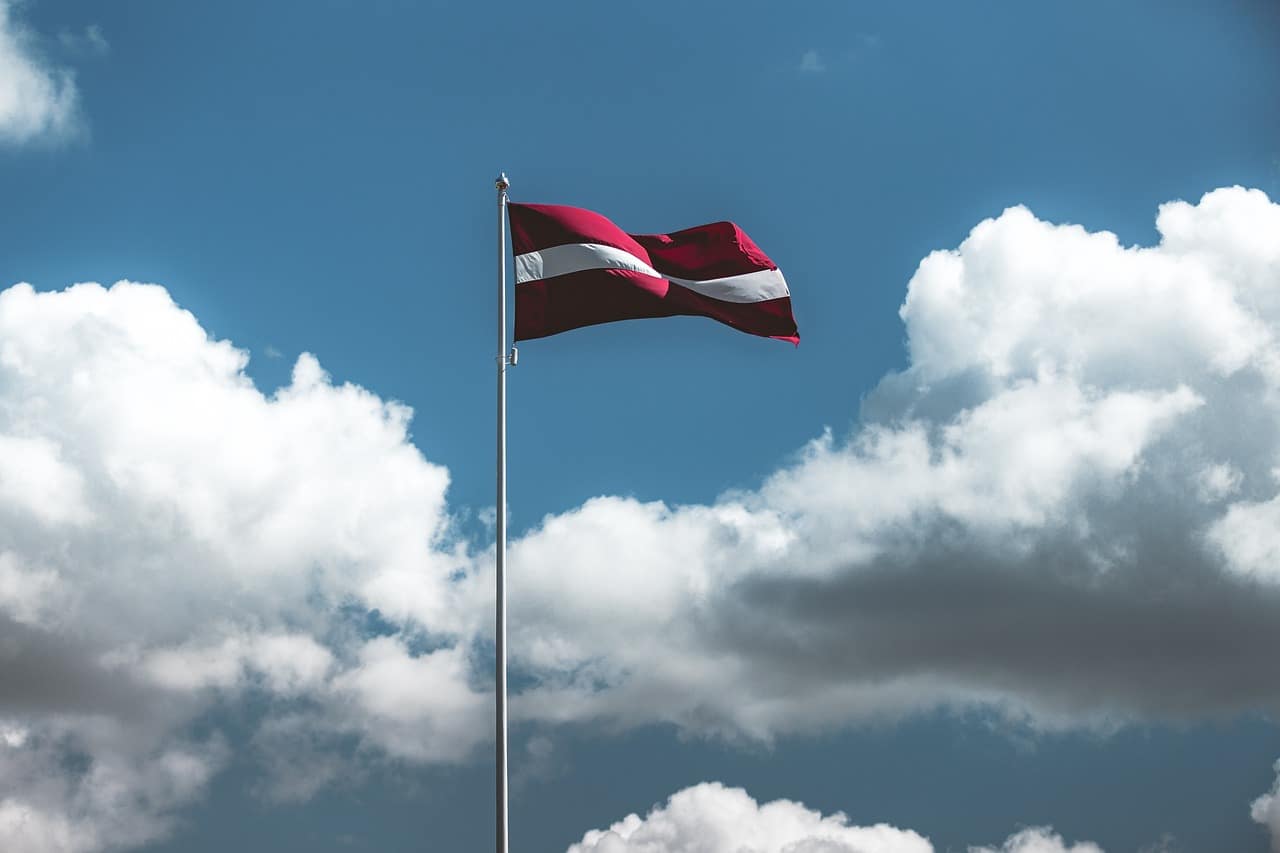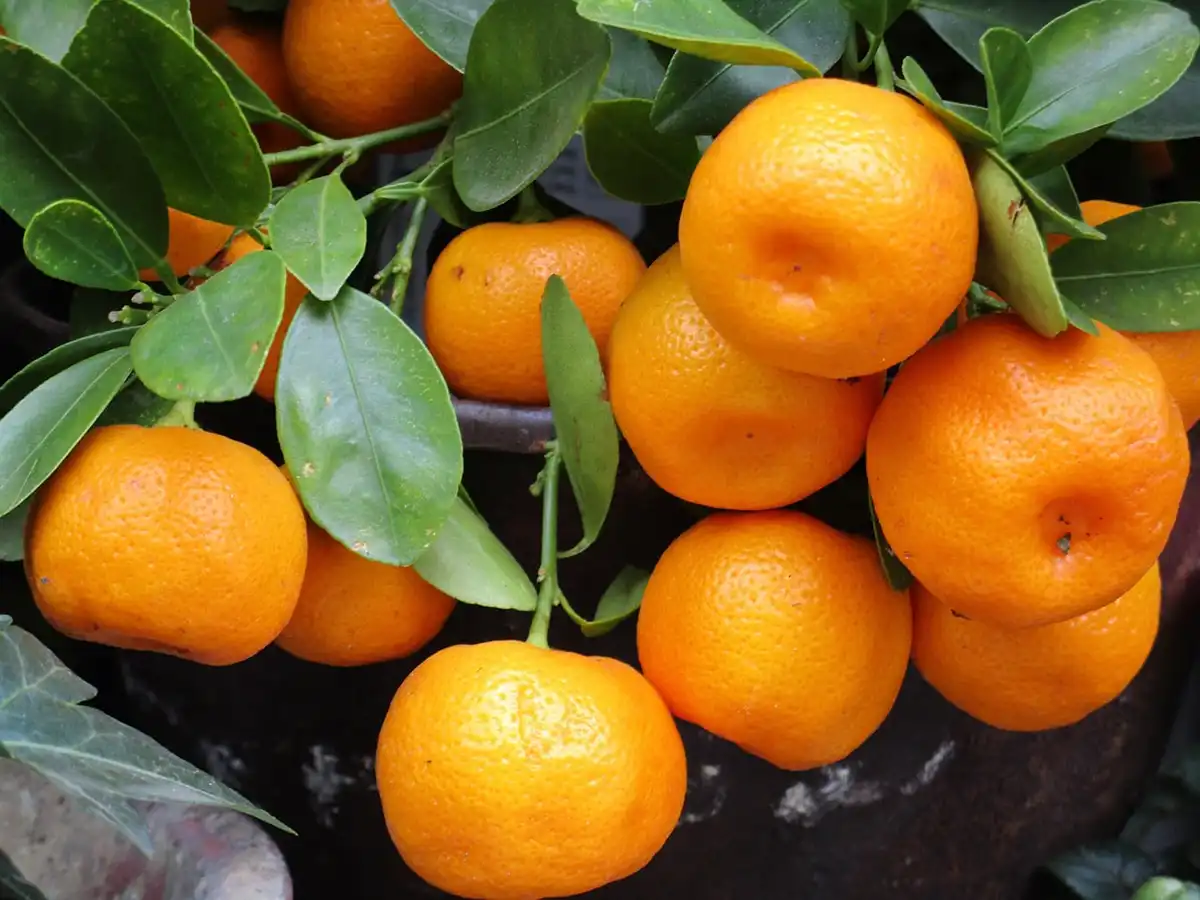According to the Latvia news site eng.lsm.lv on Feb. 22, the Saeima (Latvian parliament) “accepted in two readings the ban on imports of agricultural products from Russia and Belarus into Latvia until at least July 2025.”
There were 69 deputies who voted in favour of the amendments to the Agriculture and Rural Development Law. Nine voted against the motion.
The article stated that Latvia is the first European Union country to impose restrictions on the use of agricultural products originating in Russia and Belarus.
Amendments backed by the Saeima bar the entry of agricultural and fodder items from Russia and Belarus into Latvia. Likewise, they prevent the importation of such products from Russia or Belarus through other third-party nations into Latvia.
Within 14 days of these amendments taking effect, the government will be tasked with establishing, through regulations, a list of particular products banned from importation into Latvia.
The ban has been imposed until July 1, 2025.
The website states: “Importation within the meaning of these amendments to the Law shall be understood as a release for free circulation or inward processing or final consumption of products, except if the products are imported to be supplied to the consignee in another Member State with exemption from value-added tax.”
The government has been directed to present a report to the Saeima by March 1, 2025, assessing the effects of this prohibition on the national economy. Additionally, if deemed necessary, the government is required to propose any amendments to regulatory measures to the Saeima.
The article states that “Agriculture Ministry figures show that in the first 10 months of last year, Russian agricultural and feed products imports into Latvia accounted for 280 million euros or 12% of total European Union (EU) imports from Russia, taking second place among EU Member States.”
The annotation specifies that the aim of the alterations is to hinder the aggressor nations’ budgets and their affiliated companies from profiting further through exports of their goods to Latvia, which promotes opportunities for the continuation of the war in Ukraine.
The article states that “both Russian and Belarusian agricultural and fodder products will continue to transit Latvia, or they will be transported further to other European Union countries after customs clearance. Only 1.4% of Russian and Belarusian grain remains for domestic use in Latvia, while there is no such data for fodder.”
National Alliance members voiced criticism against the bill, arguing that the proposed amendments to the law would result in only a marginal decrease in Russian grain imports into Latvia. They characterized the amendments as overly bureaucratic rather than bold political choices, labeling them as mere “imitation of activity.”











